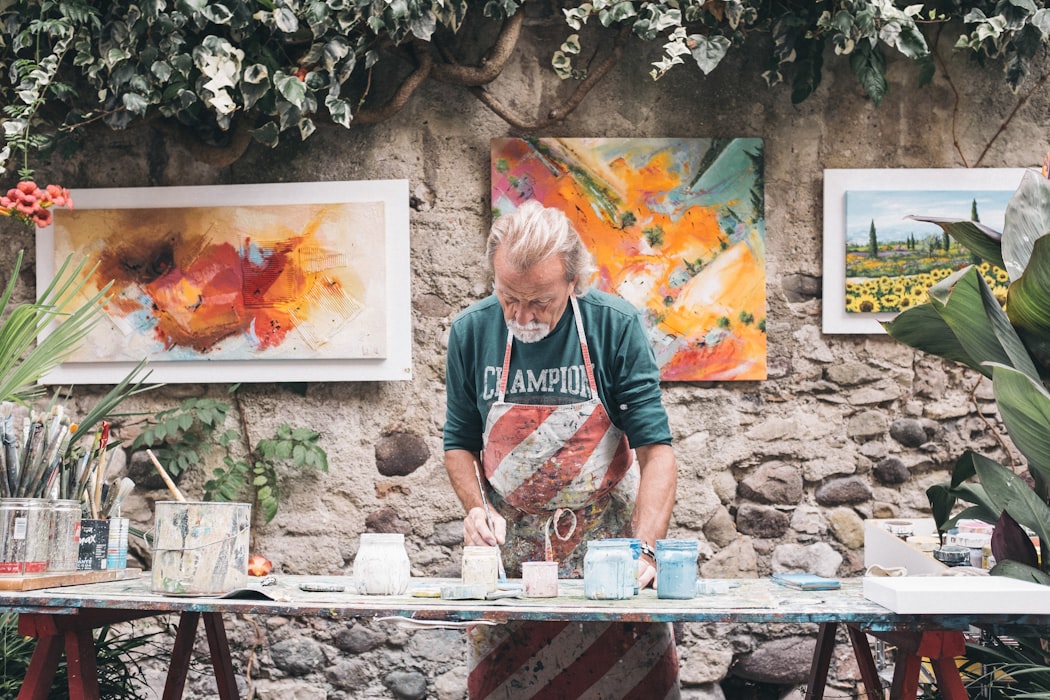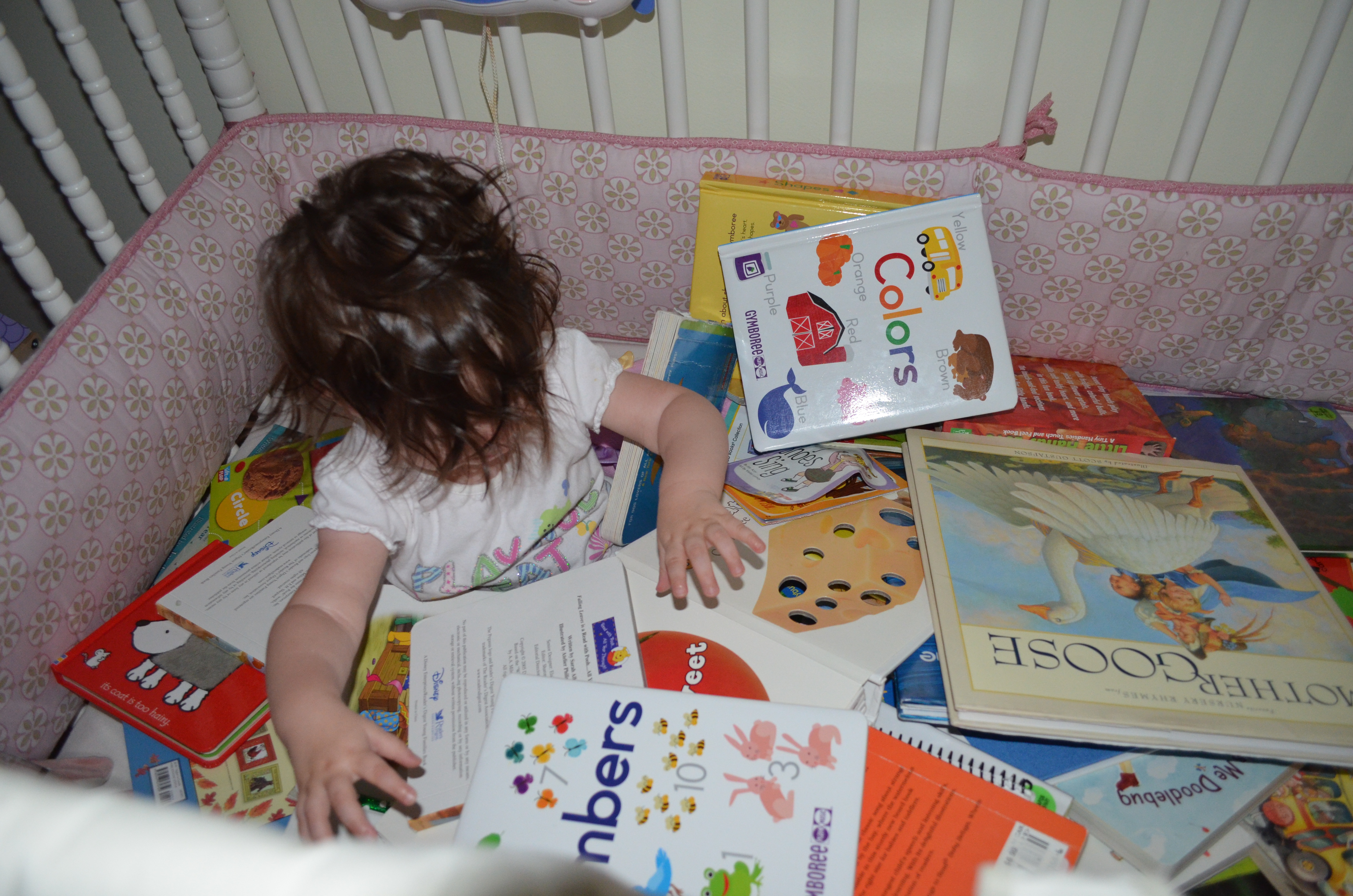It seems a bit late to get a 2019 post out, but I thought I would share the books I read while everyone is still writing 2019 on various documents until muscle memory is corrected.

My favorite book in 2019 was Grapes of Wrath by John Steinbeck. Steinbeck made me think about the various migrations that shaped the U.S. and how this particular one effected families that undertook a harrowing cross country move in hopes of a better life.
A close second was Corrie Ten Boom‘s autobiography The Hiding Place. Its a book about faith and miracles during Nazi occupation in WWII. I want to be like her father in faith and in business.
In third comes Kurt Vonnegut’s Player Piano. A dystopian novel about too much efficiency in society. This falls in the vein of Fahrenheit 451, one of my all time favorites.
- Player Piano by Kurt Vonnegut
- Because of Winn-Dixie by Kate Dicamillo
- Let the Great World Spin by Column McCann
- Jailbird by Kurt Vonnegut
- The Hiding Place by Corrie Ten Boom
- Orient Express by Graham Greene
- The Tale of Troy by Roger Lancelyn Green
- The Island of Doctor Moreau by H.G. Wells
- Harry Potter and the Sorcerers Stone by J.K. Rowling
- Keep Going by Austin Kleon
- Timequake by Kurt Vonnegut
- Art and Fear by David Bayles and Ted Orland
- Educated by Tara Westover
- The Grapes of Wrath by John Steinbeck
- The Making of Us by Sheridan Voysey
- Harry Potter and the Chamber of Secrets by J.K Rowling
- This Side of Paradise by F Scott Fitzgerald
- Brave New World by Aldous Huxley
- Galapagos by Kurt Vonnegut
- Beowulf Translation by Seamus Heaney
- There is a God by Antony Flew
I enjoy a good list. When I review this list I remember what I have have learned, where I was when I finished some of them, and how much I enjoyed reading a handful of these to my children.
To those to those that shared their favorite literature with me, I am so very grateful.
Read well this year.








